- Home
- Insecure Guardians - Enforcement, Encounters and Everyday Policing in Postcolonial Karachi - (HB)
Insecure Guardians - Enforcement, Encounters and Everyday Policing in Postcolonial Karachi - (HB)
By: Zoha Waseem
-
Rs 5,621.25
- Rs 7,495.00
- 25%
-

You save Rs 1,873.75.
Due to constant currency fluctuation, prices are subject to change with or without notice.
Insecure Guardians - Enforcement, Encounters and Everyday Policing in Postcolonial Karachi - (HB)
By: Zoha Waseem
Rs 5,621.25 Rs 7,495.00 Ex Tax :Rs 5,621.25
Zubin Mehta: A Musical Journey (An Authorized Biography)
By: VOID - Bakhtiar K. Dadabhoy
Rs 892.50 Rs 1,050.00 Ex Tax :Rs 892.50
The Origins of Political Order From Prehuman Times to the French RevolutioN
By: Francis Fukuyama
Rs 4,045.50 Rs 4,495.00 Ex Tax :Rs 4,045.50
No recently viewed books available at the moment.
Zubin Mehta: A Musical Journey (An Authorized Biography)
By: VOID - Bakhtiar K. Dadabhoy
Rs 892.50 Rs 1,050.00 Ex Tax :Rs 892.50
Insecure Guardians - Enforcement, Encounters and Everyday Policing in Postcolonial Karachi - (HB)
By: Zoha Waseem
Rs 5,621.25 Rs 7,495.00 Ex Tax :Rs 5,621.25












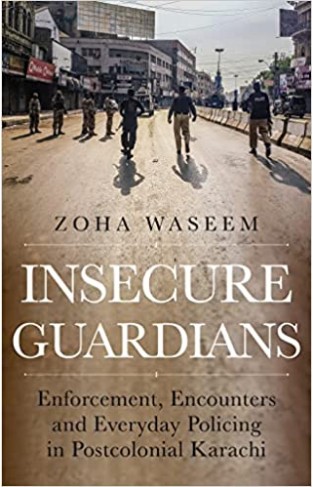
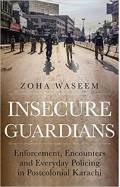
-120x187.jpg?q6)





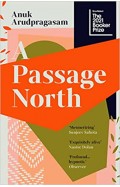
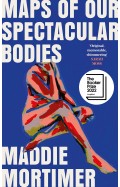
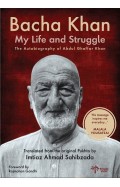
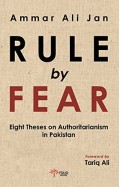





-120x187.jpg?q6)


-120x187.jpg?q6)